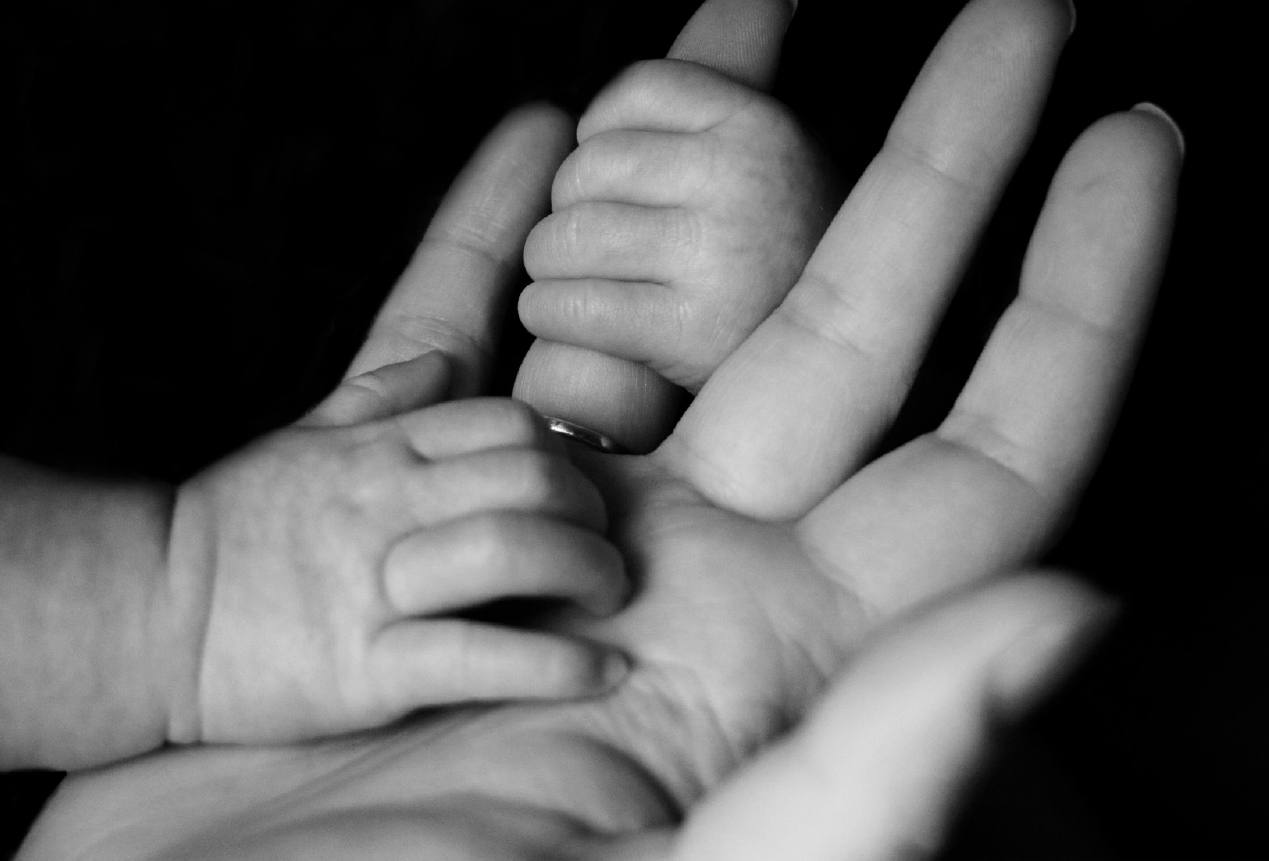

And the Word became flesh!
“And the Word became flesh and lived among us, and we have seen his glory, the glory as of a father’s only son, full of grace and truth” (John 1:14 NRSV).
For most of us, Christmas evokes the image of a baby in a manger. But, for many Christians, the cross immediately leaps to mind. God the Son became a man to atone for the sins of the whole world; an infinitely valuable sacrifice to deal with an offence of immense proportions. But as extraordinary as this is, it is only one part of the story.
Christ becoming human points to two other remarkable truths.
First, it confirms God’s overriding desire to communicate with his most valued creature. From the very beginning of history, God sought to make himself known to humanity. But because the infinite will never be accessible to the finite, God sent his son to make visible the invisible (Colossians 1:15).
To those who embraced the revelation of God in Christ, he gave the Holy Spirit so they could experience God in a way no man or woman ever did before (Romans 8:14–16; Galatians 4:5–7). To echo Karl Barth, the incarnation is truly the exaltation of God.
But that’s not all. By becoming one of us, God the Son also exalted humanity.
We are not what God had first intended us to be. To paraphrase C. S. Lewis, we are now a mutated species that sinned itself into existence. When Adam and Eve were given the opportunity to reach toward the heavens, they tragically turned inward. At that moment, we became, in one sense, monstrosities bent on and hopelessly contaminated by hatred, violence and self-loathing.
The Word-become-flesh provides a laser-like focus on the notion of the image of God first mentioned in Genesis 1:26–27, a divine declaration that creates an irreducible distinction between humanity and nature with respect to humanity’s intrinsic worth and dignity.
Unfortunately, our natural impulse is to erase that distinction. And every time we succeed, the outcome is catastrophic. In the 20th century, the world had a terrible glimpse into the dire consequences of such a collapse when atheistic ideologies such as Nazism and communism brought about the demise of millions of innocents.
By taking on human form, Jesus Christ not only revealed God, he exalted humanity, affirmed the value of the individual and proclaimed the reality of human self-determination. No wonder totalitarian regimes fear Christianity and hate Christians.
By bringing the notion of the image of God into sharp focus, the incarnation also bestows intrinsic worth upon every man, woman and child who has ever lived. In a country like Canada, which affords no legal protection to the unborn child, it may be well to remember that the incarnation implicitly ascribes inherent value to the infant at every stage of development, independently of any attendant circumstances.
If the incarnation of our Lord infuses our understanding of what it means to be human with new significance, then surely, we must allow this profound insight to permeate our perception of the most vulnerable among us.
“…what are human beings that you are mindful of them, mortals that you care for them? Yet you have made them a little lower than God, and crowned them with glory and honour” (Psalm 8:4–5 NRSV).
The Christmas season most fundamentally points to the mystery of the incarnation. In becoming one of us, Christ gave us an unprecedented glimpse into the nature of the Father, fulfilled the conditions for our redemption and affirmed – once and for all – the intrinsic value and dignity of all men and women. In an increasingly divided world, that is truly something to celebrate.
Merry Christmas!
 [Pierre Gilbert is associate professor of Bible and theology at Canadian Mennonite University, Winnipeg, and MB Seminary.
[Pierre Gilbert is associate professor of Bible and theology at Canadian Mennonite University, Winnipeg, and MB Seminary.